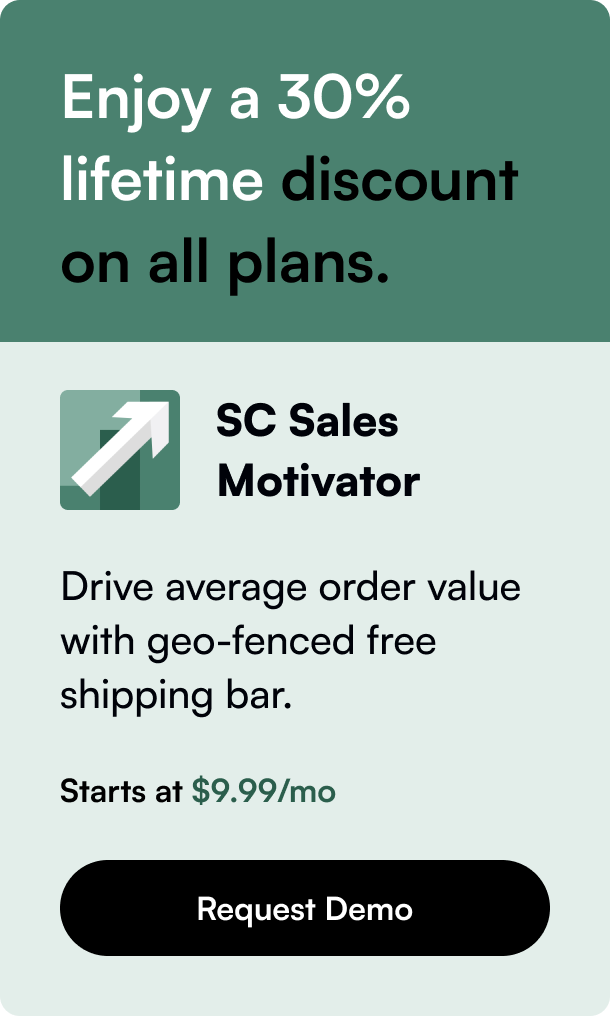Table of Contents
- Introduction
- Why Consider Shopify for Your Website?
- Stepping Stones to Your Shopify Website
- Final Thoughts
- FAQs
Introduction
In today's digital era, having an online presence is not just an option but a necessity for businesses, creators, and professionals alike. With countless platforms offering website-building capabilities, the decision on which one to use can be daunting. Among these is Shopify, globally recognized for its prowess in e-commerce. However, a pertinent question arises: Can you use Shopify as a website beyond the realms of e-commerce? The answer, as we'll uncover in this blog post, is a resounding yes.
Shopify’s versatility extends beyond online stores, empowering users to create functional, aesthetic, and engaging websites for a variety of purposes. Whether you're looking to build a brand presence, showcase a portfolio, or even run a blog, Shopify emerges as a formidable choice. This post delves into the hows and whys, offering insights and guidelines on utilizing Shopify to its full potential for non-e-commerce purposes.
Why Consider Shopify for Your Website?
Before we dive into the specifics, let's discuss why Shopify stands out among website builders. First and foremost, its user-friendly interface makes website creation accessible to both tech novices and seasoned developers. With Shopify, you gain access to a suite of design templates, customization tools, and integrations that empower you to build a website that truly reflects your brand or message.
Moreover, Shopify's robust infrastructure ensures that your website is fast, secure, and scalable. This peace of mind allows you to focus on content creation and audience engagement, rather than worrying about technical glitches or security vulnerabilities.
Customization and Integration
Shopify's flexibility shines through its vast library of themes and plugins. You can tailor these themes to suit your aesthetic and functional preferences, crafting a unique online identity. The platform's seamless integration with various apps and services further enhances your website's capabilities, from email marketing to social media tools.
Building Beyond Stores
For individuals and businesses not looking to sell online, Shopify serves as an efficient platform to establish a digital presence. You can effortlessly disable the e-commerce features, transforming your site into a visually striking and content-rich webpage. This capability makes Shopify a prime choice for content creators, portfolio sites, event pages, and more.
Stepping Stones to Your Shopify Website
Embarking on your website creation journey with Shopify involves a few pivotal steps:
1. Planning and Goal Setting
Identify the primary purpose of your website. Are you looking to build a professional portfolio, launch a blog, or create an informational site for your business? Your goals will steer the direction of your website’s design and content strategy.
2. Choosing the Right Theme
Shopify’s theme store is a treasure trove of professionally designed templates. Opt for a theme that aligns with your website’s purpose and brand aesthetics. Remember, while e-commerce features are a staple in most themes, they can be easily tweaked or turned off to suit non-commercial sites.
3. Customizing Your Site
Leverage Shopify’s customization tools to modify your chosen theme. This phase is crucial in making your site reflect your brand’s personality. Experiment with layouts, fonts, colors, and multimedia elements to create engaging and relevant web pages.
4. Integrating Apps and Tools
Depending on your website’s needs, explore Shopify’s App Store for tools that can enhance your site's functionality. From newsletter sign-up forms to social media feeds, these integrations can elevate the user experience and streamline your workflow.
5. Launching Your Website
Before going live, ensure that all web pages are optimized for search engines (SEO) and mobile devices. Double-check content for accuracy and coherence, and test all functionalities. Once satisfied, unveil your Shopify website to the world.
Final Thoughts
Shopify, predominantly celebrated for its e-commerce capabilities, indeed offers fertile ground for non-commerce websites. Its blend of ease of use, customization options, and robust support ecosystem positions it as a compelling choice for anyone aiming to carve a niche online.
In conclusion, the question isn't just "Can you use Shopify as a website?" but rather "How creatively can you leverage Shopify to build your online identity?" Embrace Shopify's multifaceted platform to translate your digital aspirations into reality, transcending conventional boundaries of online commerce.
FAQs
Q: Is Shopify only for e-commerce?
A: No, Shopify can be effectively used for a wide range of websites, including informational sites, portfolios, and blogs.
Q: Can I use my own domain with Shopify?
A: Absolutely! Shopify allows you to purchase a new domain through them or connect an existing one, ensuring your brand’s consistency.
Q: Is it challenging to switch from an e-commerce to a non-commerce site on Shopify?
A: Not at all. Shopify's flexibility allows you to easily disable e-commerce functionalities, making it suitable for various types of websites.
Q: Are there limitations to what I can achieve with a Shopify website?
A: While Shopify is highly versatile, certain highly specialized functionalities might require custom coding or specific apps. However, for the vast majority of websites, Shopify’s features more than suffice.
Q: Can I switch themes or redesign my Shopify website later?
A: Yes, Shopify makes it simple to revamp your site. You can switch themes or customize your existing theme whenever inspiration strikes.










